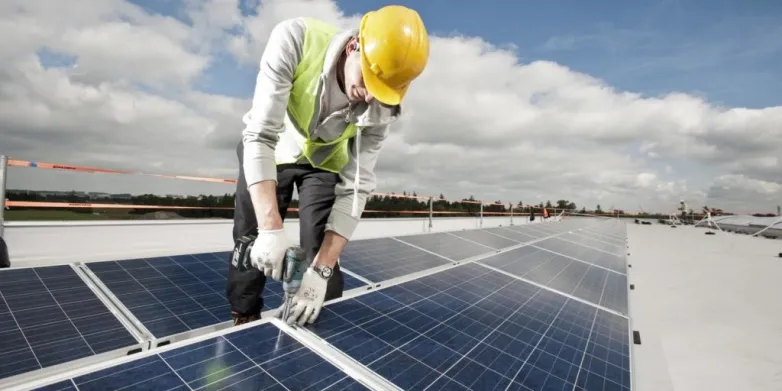German government wants 98 GW of solar by 2030
Oct 9, 2019 10:41 PM ET
- The new. more ambitious target is part of a climate protection program Berlin is now defining. The solar sector believes, however, 98 GW will not be enough to ensure the country’s energy transition.

The draft version of the climate policy package unveiled by German chancellor Angela Merkel at the recent UN Climate Action Summit in New York devoted one whole sentence to solar power – namely by finally removing the 52 GW total capacity limit which would have automatically halted all PV subsidies.
The federal cabinet today approved the 2030 Climate Protection Program and, although solar still only occupies marginal space in the 170-page document there were at least some encouraging additions.
The government has raised its solar ambition to 98 GW by 2030, around twice the installed PV generation capacity at present. That means around 50 GW of new solar would have to be installed in the next 11 years, to generate around 90 TWh of solar power by 2030. The policy also calls for an improvement to the program aimed at ensuring tenants can benefit from solar power.
The German Solar Industry Association (BSW-Solar) welcomed the raised PV target but stressed there was an urgent need for further improvements and rapid legislative amendments to mandate the ambition. Managing director Carsten Körnig pointed out by the middle of the 2020s, almost 100 GW of installed solar capacity would be necessary if the federal government takes its climate targets seriously.
To hit that sort of level, market barriers to solar deployment would have to be removed and the new target must be enshrined in the EEG energy law, said Körnig.
Also read

